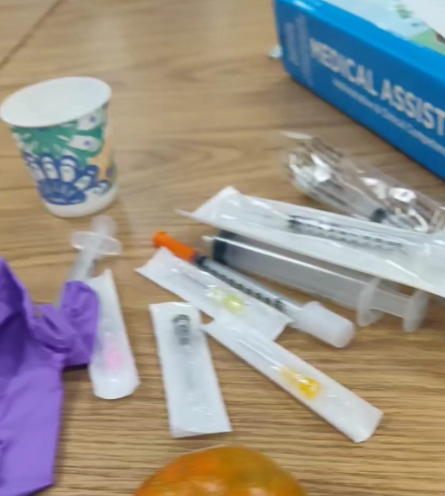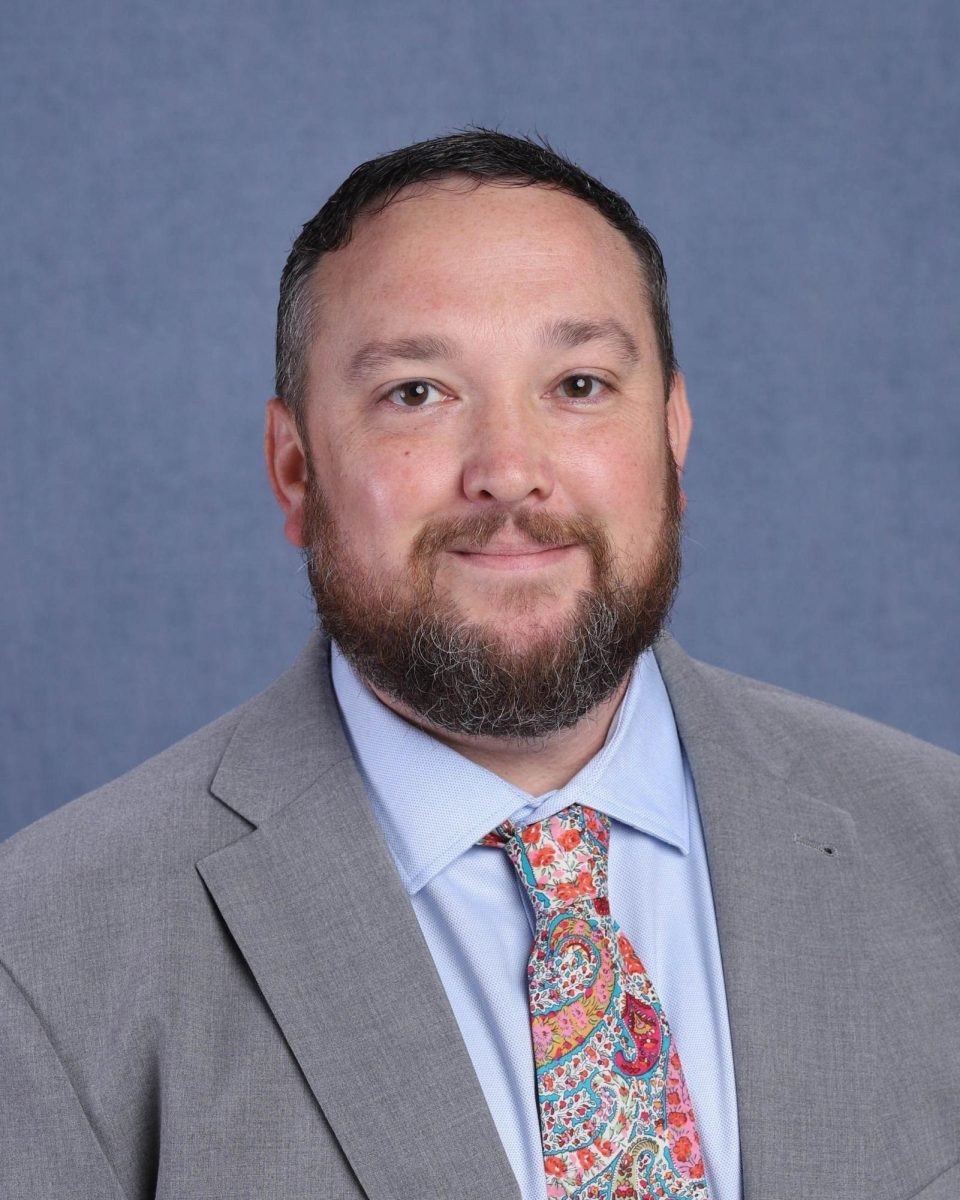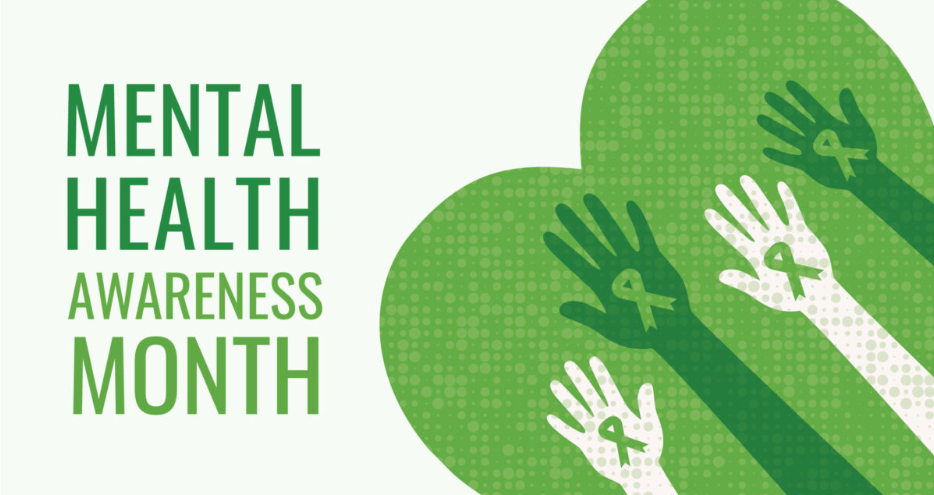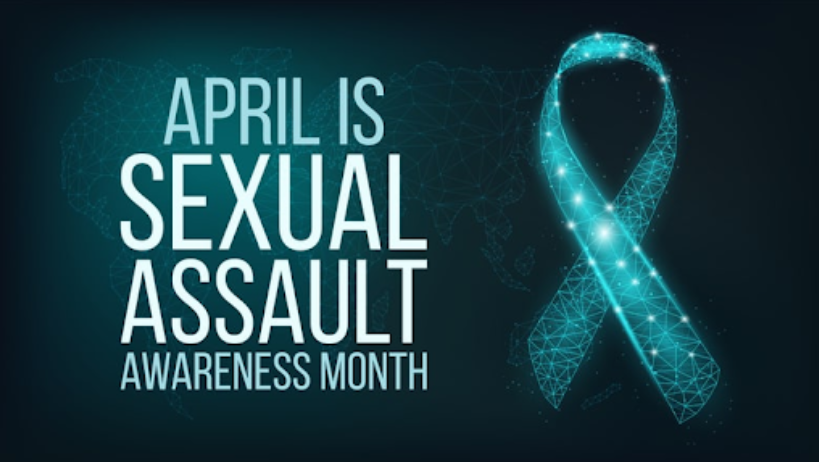In Health class, you’ll learn about different topics related to anatomy, physiology, pharmacology clinical practice, and a lot more.
Anatomy and Physiology is a basic understanding of the human body’s structure and function, including organs, systems, and tissues. You’ll learn about essential nutrients, dietary requirements, and the impact of nutrition on overall health and well-being. You have to understand the importance of exercise, types of physical activities, and their benefits for cardiovascular health, muscle strength, and flexibility.
You will also learn about mental health and its effects on the body. You will explore different concepts related to stress management, coping strategies, mental illnesses, and ways to promote emotional well-being. Education on reproductive health, contraception, sexually transmitted infections, and healthy relationships. Awareness of the risks associated with substance abuse, including alcohol, tobacco, and drugs, and strategies for prevention and intervention.
Another aspect of Health Med classes is the healthcare delivery systems, health insurance, healthcare professionals, and access to medical services. Understanding the importance of vaccinations, hygiene practices, disease screening, and lifestyle modifications to prevent chronic diseases. Students will also explore strategies to promote healthy behaviors, community health initiatives, and advocacy for public health policies.
Also, you learn about diseases, their causes, underlying mechanisms, clinical manifestations, and treatment depending on the situation and different types of medications, their mechanisms of action, indications, contraindications, side effects, and dosage considerations are studied. An introduction to medicine is provided, including critical reading of medical literature, understanding scientific studies, and the importance of practice-based evidence.
Different skills are acquired to perform clinical evaluations, interpret symptoms and signs, order and analyze diagnostic tests, and formulate differential diagnoses. You’re ging to go through topics related to medical ethics, informed consent, patient confidentiality, end of life, and other ethical aspects in medical practice are discussed.
You will practice such as taking a medical history, performing physical examinations, performing simple medical procedures, and communicating effectively with patients and other members of the healthcare team.
Taking a medicine class is so important in your life because it provides you a valuable knowledge about mental health, disease prevention, exercise, and nutrition. It can equip you with essential skills to maintain good mental health and a healthier lifestyle. It helps you understand how medications work, their effects on the body, and how they interact with each other. Also if you’re pursuing a career in healthcare, a medicine class provides you a foundational knowledge essential for fields such as pharmacy, nursing, medicine, and allied health professions.








